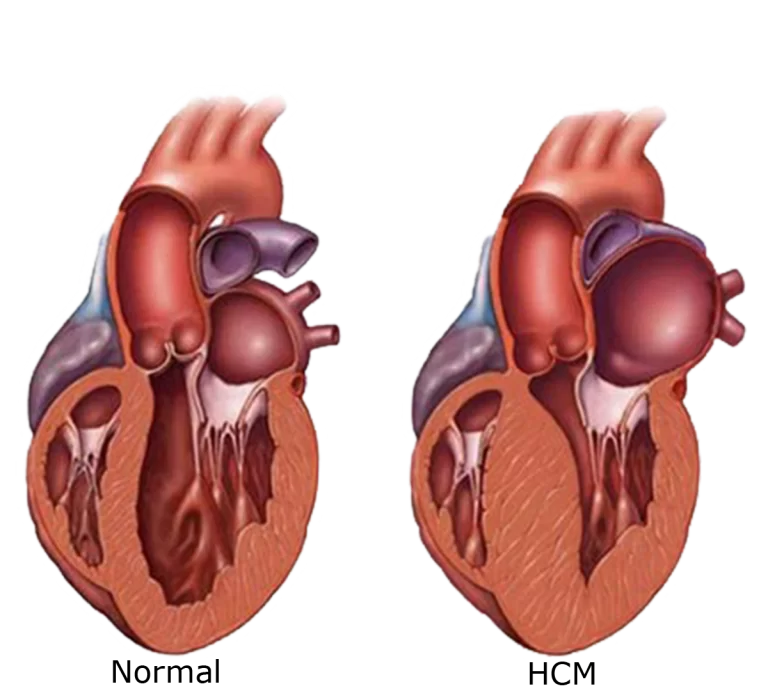
Understanding Cat Hypertrophic Cardiomyopathy and Heartworm Disease
Cat hypertrophic cardiomyopathy (HCM) is a common heart condition in cats, characterized by the thickening of the heart muscle. This condition can limit the heart’s ability to pump blood efficiently, leading to various health issues. Unfortunately, HCM often goes unnoticed until significant symptoms appear.
Symptoms of Hypertrophic Cardiomyopathy in Cats
The symptoms of HCM can be subtle and may vary among cats. Typical early signs include:
- Lack of energy or lethargy
- Decreased appetite and weight loss
- Rapid or labored breathing
- Coughing or difficulty breathing
Because HCM can sometimes cause other complications, it’s crucial to monitor any unusual behavior in your cat and consult a veterinarian for an evaluation.
Diagnosis and Treatment for Cats with Hypertrophic Cardiomyopathy
Diagnosing HCM typically involves a combination of a thorough physical examination, blood tests, and imaging techniques such as an ultrasound. If diagnosed with HCM, your cat may require medications to manage the condition and regular veterinary check-ups to monitor heart health.
Understanding Cat Heartworm Disease
Parasitic worms transmitted by mosquito bites cause Cat heartworm disease. While this condition is less common in cats than dogs, it can still have serious consequences.
Symptoms of Heartworm Disease
Cats infected with heartworms may exhibit various symptoms, including:
- Coughing or wheezing
- Vomiting
- Lack of appetite and weight loss
- Lethargy
- Rapid breathing or difficulty breathing
It’s essential to note that, similar to HCM, many cats show few or no symptoms until the disease has progressed.
Prevention and Treatment
Preventing heartworm disease involves regular use of preventive medications, especially in areas where mosquitoes are prevalent. If a cat is diagnosed with heartworm, treatment is more complicated than in dogs, and immediate veterinary care is necessary.
Conclusion
Both hypertrophic cardiomyopathy and heartworm disease are serious health issues in cats that require awareness and proactive management. Regular veterinary check-ups, monitoring for symptoms, and maintaining a consistent preventive care routine are vital to ensuring your cat friend’s health and well-being. Being informed and attentive can help your cat lead a happy and healthy life.
